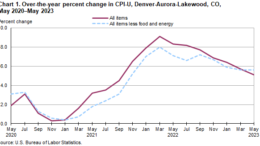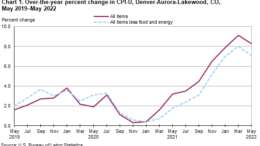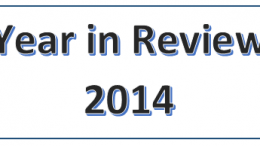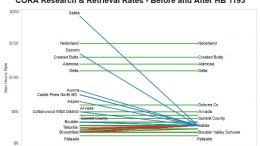Inflation could boost CORA’s research-and-retrieval rate 23 percent next year, according to new Legislative Council estimate
A year from now, on July 1, 2024, inflation will likely boost the maximum hourly rate governments are allowed to charge for processing Colorado Open Records Act requests from $33.58 to around $41.34 — an alarming 23 percent increase.










